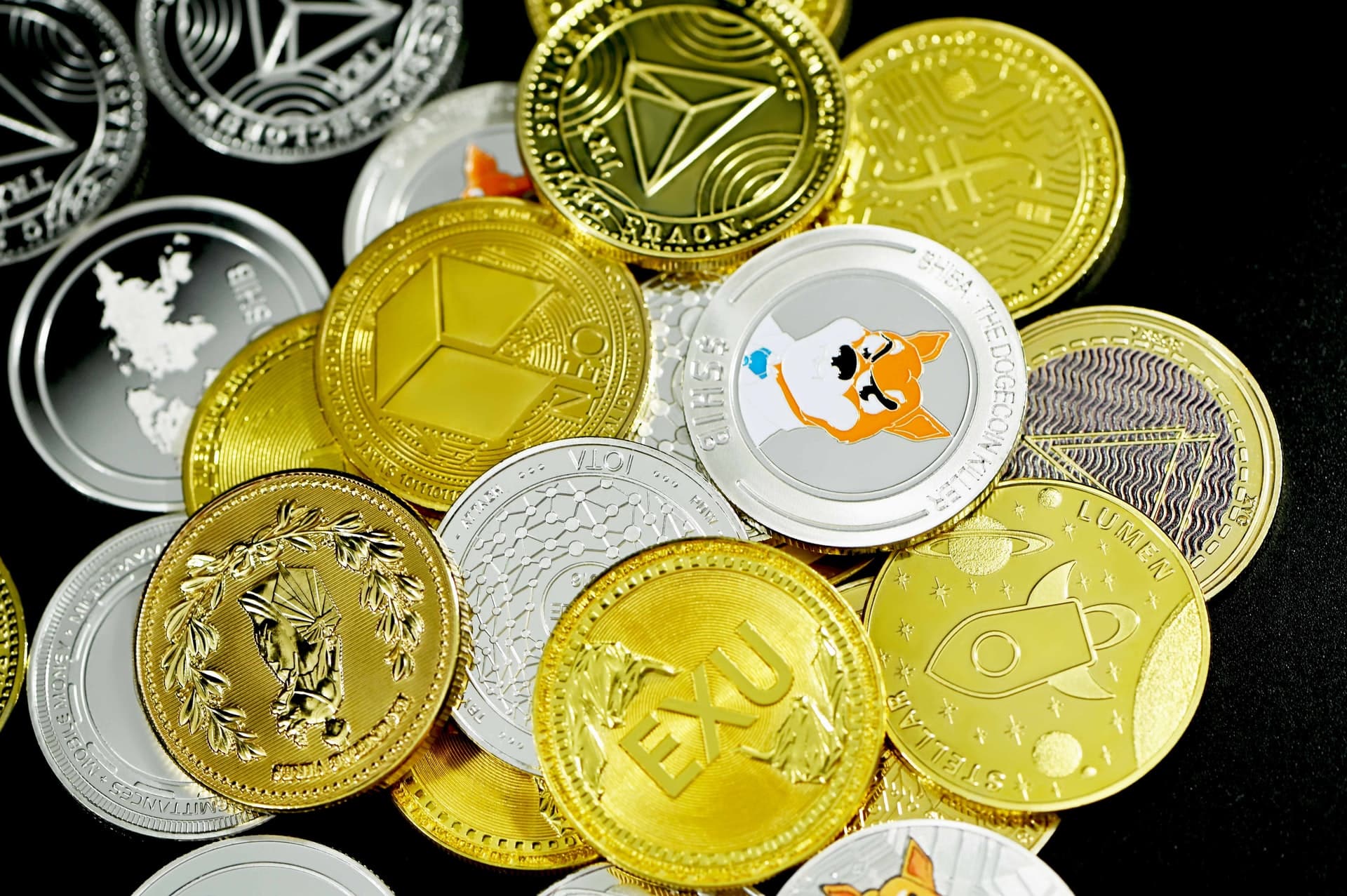Cryptocurrency
Crypto assets as national currency can impact macroeconomic stability: IMF
The adoption of crypto assets, such as Bitcoin, as national currency can impact a country’s macroeconomic stability, the International Monetary Fund has warned. This comes after El Salvador officially adopted Bitcoin as a legal tender from September 7 and Honduras getting its first Bitcoin ATM.
The IMF in an official statement said elevating a cryptocurrency to the status of national currency could harm macro-financial stability, financial integrity, consumer protection and the environment. However, the report’s authors Tobias Adrian, the IMF’s financial counselor and director of the monetary and capital markets department, and Rhoda Weeks-Brown, the IMF’s general counsel, acknowledged that using cryptocurrency also has its upsides. “Digital currency could provide cheaper and faster payments, bring unbanked people into the financial system, and improve cross-border transactions,” they noted.
But at the same them the authors pointed out the fact that virtual currency could cause problems due to price fluctuations, difficulty setting fiscal policy and negative environmental impacts. Crypto assets also pose security concerns.
“Some countries may be tempted by a shortcut – adopting crypto assets as national currencies. Many are indeed secure, easy to access and cheap to transit. We believe, however, that in most cases risks and costs outweigh potential benefits,” IMF said in a blogpost. “Crypto assets are privately issued tokens based on cryptographic techniques and denominated in their own unit of account. Their value can be extremely volatile. Bitcoin, for instance, reached a peak of $65,000 in April and crashed to less than half that value two months later.”
Too volatile and unrelated to real economy
The IMF explains that crypto assets are unlikely to catch on in countries with stable inflation and exchange rates, and credible institutions. “Households and businesses would have very little incentive to price or save in a parallel crypto asset such as bitcoin, even if it were given legal tender or currency status. Their value is just too volatile and unrelated to the real economy. Even in relatively less stable economies, the use of a globally recognized reserve currency such as the dollar or euro would likely be more alluring than adopting a crypto asset. It might catch on as a vehicle for the unbanked people, not easily transferable. And most countries and laws forbid or restrict payments in other forms of money; these could tip the balance towards widespread use of crypto assets.
Interest rates and unstable
According to the IMF, central banks cannot set interest rates on a foreign currency. When a country adopts a foreign currency as its own, it imports the credibility of the foreign monetary policy and hope to bring its economy and interest rates in line with the foreign business cycle. However, neither of these is possible in the case of widespread crypto asset adoption. It explains that domestic prices could become highly unstable. Even if all prices were quoted, such as bitcoin, the prices of imported goods and services would still fluctuate massively, following the whims of market valuations. Financial integrity could also suffer. Without robust anti-money laundering and combating the financing of terrorism measures, crypto assets can be used to launder ill-gotten money, fund terrorism and evade taxes. This could pose risks to a country’s financial system, fiscal balance and relationships with foreign countries and correspondent banks.
Also Read: Several government agencies back Tesla’s proposal for reduction in import duty
The institution also points out the fact that internet access and technology needed to transfer crypto assets remains scarce in many countries, raising issues about fairness and financial inclusion. The official monetary unit must be sufficiently stable in value to facilitate its use for medium- to long-term monetary obligations. And changes to a country’s legal tender status and monetary unit typically require complex and widespread changes to monetary law to avoid creating a disjoined legal system.












































Pingback: Punjab CM Capt Amarinder Singh blamed the BJP for the farmers' wrath